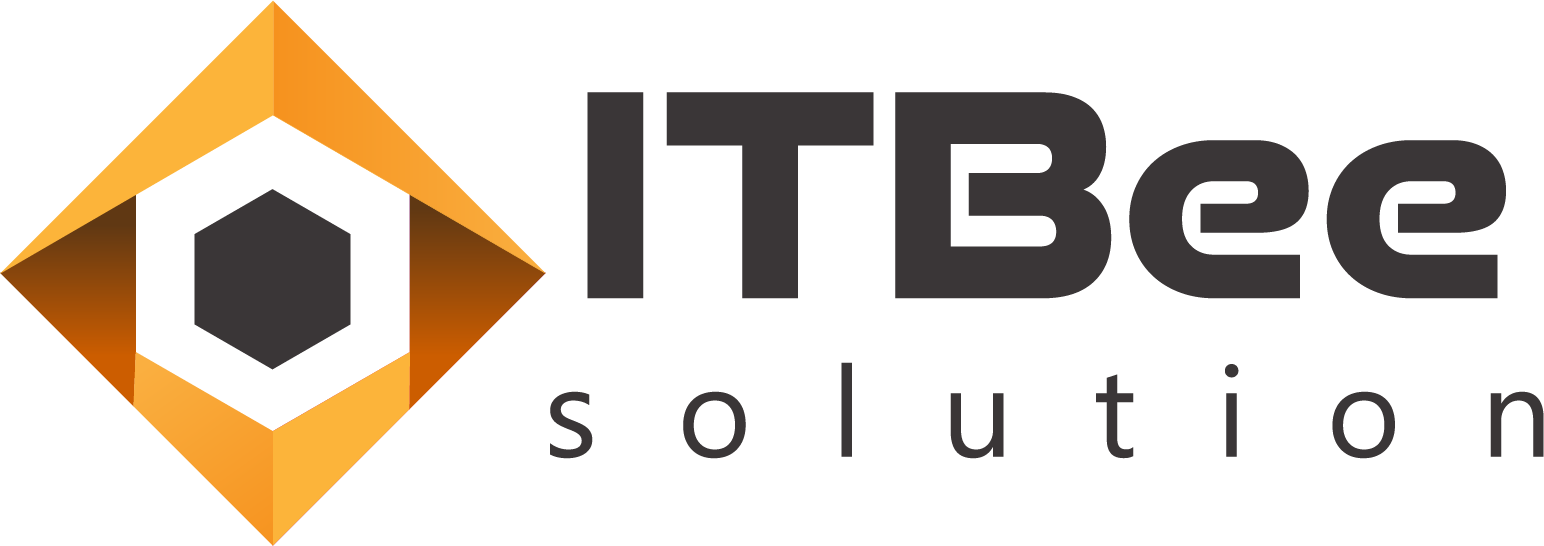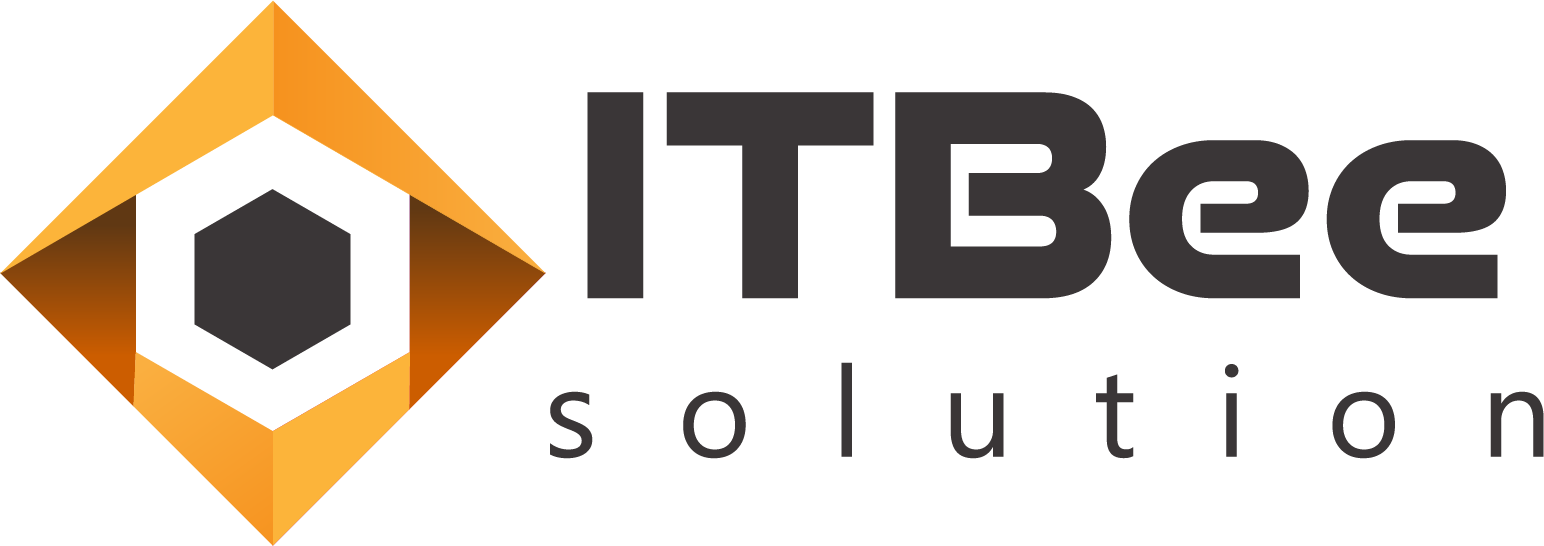
Keyword Research: The Secret of Attracting Traffic To Your Site & Increase Sales
A superb tool to uplift your content! Keywords work like a charm for your site or blog with a few smart moves.
Keyword solves your content’s disparity. It makes you “seen” on the world wide web. The place is vast, and often, competitors are lurking like sharks. But how do you make your content top? That’s where the keyword swoops in like a warrior.
Google periodically modifies the order in which it ranks websites and tweaks the search engine algorithm. While there have been numerous algorithm modifications, keyword research continues to be a crucial component for marketers looking to improve their pages.
The core of SEO is keywords. No matter how hard you try, you won’t obtain traffic from Google if no one is looking for what you’re writing about.
We created this beginner’s detailed writing for that reason. It gives you a tried-and-true framework for keyword research that you can easily customize for your website and objectives.
- Get to know Keyword
- Types of Keyword
- Best way to keyword research
You can’t have your content filled with just any keyword. Before you start using them, you need to what’s thorough keyword research. Read to find out more.
What is a Keyword?
A keyword, often known as a focus keyword, is a word that best represents the information on your website or article. It is the search word for which a specific page should rank. So, users should be able to find that page on your website when they use that keyword or phrase in Google or other search engines.
We frequently use the term “keyword,” however this does not imply that it simply consists of one word. It frequently includes several words. Therefore, we frequently mean a phrase rather than referring to a single word when we talk about keywords.
What makes Keywords so Beneficial?
The content of a page is one factor Google takes into consideration when determining its ranking. It scans the text on the page. Imagine that each word in, say, a blog article about a digital piano is used twice. Each word then has the same importance. Which of those words are crucial and which aren’t will be completely unknown to Google.
The terms you use give Google and other search engines hints about what the website or article is about. Therefore, you must use it frequently if you want Google to comprehend what your page is about.
However, Google is not the sole factor in the importance of key phrases.
Actually, it doesn’t matter as much because you should always put the user first—that is, your visitors and potential customers. With SEO, you want users of a certain search term or key phrase to find your website. You need to put yourself in your audience’s shoes and use the terms they look for.
How Many Types of Keywords?
There are nine different sorts of keywords: short-tail, long-tail, short-term, long-term, product defining, customer defining, geo-targeting, LSI, and intent targeting. When utilized in various contexts, each of these keywords has a unique strength that might increase the effectiveness of your SEO efforts.
1. Short tail: Short-tail keywords are, as their name implies, short keywords that are composed of three words or less. They are occasionally referred to as the head keyword.
Although there is a lot of search volume for short-tail keywords, there is also a lot of competition. When audiences begin their research for a product or service, they employ short-tail keywords. Because of this, it can be quite challenging to determine the precise search intent for short-tail terms. They frequently appear everywhere.
Let’s take a look at a search for “lemon” as an example. They may be trying to find out how many calories a lemon has or what vitamins it contains. Short-tail keywords struggle to match searcher intent, which causes them to perform poorly in conversion rates.
2. Long tail: Long-tail keywords have more than three words in them. Additionally, they are typically far more targeted than short-tail keywords. They receive a lot fewer searches than a short-tail term. However, they compensate by being significantly less aggressive.
The most crucial thing to understand about long-tail keywords is that you can quickly determine the search intent. Take “4 x 12 fl oz S.Pellegrino mineral water” as an example.
This clearly indicates that the user is looking for websites that provide this mineral water for sale. The pricing, shipping cost, and store location must all be listed on the internet if you wish to market to them. Even better, customers are frequently prepared to make a purchase when they conduct searches using these lengthy, specific terms!
3. Short-term: Consider something that has lately been popular while coming up with short-term keywords, also known as fresh keywords.
Oppenheimer serves as an illustration of novel keywords.
You can utilize a new keyword’s surge in search volume to draw more organic views, but be ready for a hard fall once the excitement wears off. The benefit of using new keywords is that you may comment on current events and draw in new customers, expanding your current customer base.
4. Long-term evergreen keyword: The term “evergreen” refers to keywords that are always relevant. There won’t be any drastic changes in the search volume, while there may be occasional fluctuations.
The point is that you can be certain that users will continue to search for and want to read about your content from the time you publish it until, say, two years afterwards. Therefore, you must ensure that content focusing on evergreen keywords can age gracefully or, better yet, keep it updated perhaps once a year to preserve relevancy.
The opinions won’t necessarily be shocking, but they will be steadfast. You will have a sizable number of views with this one piece of content if you double that over the course of time. Evergreen keyword-related content frequently contains instructive and informational elements.
Keep in mind that a well-written instructive content can strengthen your authority points. Your authority grows as you produce more educational content. which translates to a higher SERP position. bringing you greater visibility, more views, and more devoted customers.
5. Product defining: The keywords that best describe your product are those that define it.
These are the terms that the typical Google user will enter in the text box if they want to find or learn more about a particular idea, service, or product. Scuba diving fins, scuba BCDs, Anilao, Batangas, the Caribbean, and regulators are a few examples of product-defining terms.
6. Customer defining: Customers who are looking for more particular products utilize search terms known as customer-defining keywords. They consist of items like “women’s winter jackets.”
These are the key phrases that are concentrated on your intended audience. For instance, if your company deals with scuba diving, some of the keywords that might describe your target market would be: Scuba Diver/s, Underwater Photographer.
7. Geo targeting: Geotargeting is the process of providing localized or location-relevant content to website visitors based on their geographic location.
Geotargeting is frequently used by internet businesses to improve each visitor’s onsite experience or for offsite digital marketing goals.
These are the location-specific keywords. Thus, in this ever-expanding world with an ever-expanding market, local firms and companies would be given priority. These keywords direct searchers to a local set of results.
8. LSI: Thematic keywords that are closely related to your main term are known as LSI (Latent Semantic Indexing) Keywords.
Let’s take a look at it this way: your primary keyword is lemon, and possible LSI keywords include lemon nutrition, lemon tea, and organic lemon. You must choose the main keyword before you can obtain an LSI keyword.
According to many in the SEO industry, LSI keywords are words and phrases that Google considers to be semantically related to a topic. LSI keywords for a discussion on vehicles can include “automobile,” “engine,” “road,” “tires,” “vehicle,” and “automatic transmission.”
With LSI keywords, you may develop subjects that suit a broad theme and target all of the minor branches based on a single root term. In other words, your material will appear for a range of user searches. This term is ideal for creating content or blog posts.
9. Intent targeting: Intent keywords essentially refer to the phrases clients use to express their propensity to do a particular commercial activity. Usually, a transaction results from such steps.
High commercial intent keywords are sometimes referred to as high intent keywords. The use of these terms indicates a searcher’s strong desire to make a purchase, learn more about a service, or take some other action that has a good chance of resulting in a sale later on.
The four main categories of search queries are:
- Informational searches are those made to get knowledge or find answers.
- Commercial – searches conducted to get ready for a deal
- Transactional searches are those made to make purchases.
- Navigational searches are those made to find a certain website.
Done with Research, Time To Implement
Finally, keep in mind that you’re not just looking for “easy to rank for” keywords as you progress through this process. The ones with the best return on investment are what you’re after.
Many website owners make the error of concentrating primarily on low-complexity keywords. Always have short-, medium-, and long-term ranking objectives in mind. You won’t ever rank for the most profitable keywords if you solely concentrate on short-term objectives. It will take years to obtain any traffic if you simply concentrate on your medium- and long-term objectives.
Use what you know from this, and implement it on your content to get the right traffic!….or let ITBee Solution do it for you!

